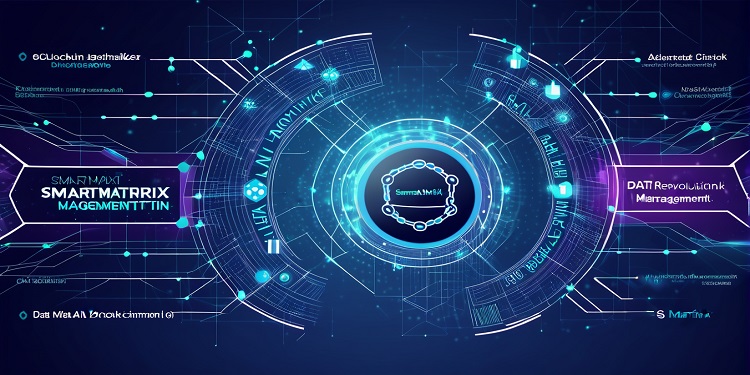 Huawei Technologies Co Ltd has officially introduced its Web3 Node Engine Service (NES), a pioneering initiative designed to provide crucial support for decentralized financial (DeFi) developers in managing blockchain nodes. The NES is a versatile platform, currently offering support for over eight Layer One (L1) and Layer Two (L2) blockchains, including Ethereum, BNB Chain, Polygon network, and Arbitrum, promising an exceptional node reliability of 99.95 percent uptime.
Huawei Technologies Co Ltd has officially introduced its Web3 Node Engine Service (NES), a pioneering initiative designed to provide crucial support for decentralized financial (DeFi) developers in managing blockchain nodes. The NES is a versatile platform, currently offering support for over eight Layer One (L1) and Layer Two (L2) blockchains, including Ethereum, BNB Chain, Polygon network, and Arbitrum, promising an exceptional node reliability of 99.95 percent uptime.
NES Integration with MEV-boost: Enhancing Ethereum’s PoS Mechanism
The NES integrates with MEV-boost, a vital component of Ethereum’s proof-of-stake (PoS) mechanism. This integration allows validators to optimize their staking rewards, significantly improving the overall efficiency and performance of the platform. The service is currently available in the Singapore region, with strategic plans to expand its reach to other global markets.
Abstracting Complexities for Enhanced Performance
Huawei’s NES is strategically designed to abstract the intricacies associated with running full nodes and staking nodes, streamlining the process for network validators and decentralized application (DApp) developers. This move is expected to not only enhance performance and increase efficiency but also reduce development costs. Huawei’s entry into the blockchain technology space through this innovative service is recognized as a substantial stride toward the broader adoption of digital assets and blockchain applications.
Potential Long-Term Impact on Web3 Ecosystem
The commercialization of Huawei Cloud NES is anticipated to have a profound and lasting impact on the Web3 ecosystem. By enhancing cryptocurrency liquidity, it has the potential to attract more institutional investors, particularly following the recent approval of spot Bitcoin exchange-traded funds (ETFs) in the United States. Additionally, the increasing integration of artificial intelligence within the industry could lead to further synergy with blockchain technology, paving the way for new dimensions of innovation and application.
Driving Wider Adoption of Digital Assets
Huawei’s venture into blockchain technology with the NES underlines its commitment to driving innovation and facilitating the widespread adoption of digital assets. The NES not only simplifies node management but also positions itself as a catalyst for the development of decentralized finance applications, contributing to the maturation of the blockchain ecosystem.
Conclusion: Huawei’s Bold Move in the Blockchain Space
In conclusion, Huawei’s official launch of the Web3 Node Engine Service represents a significant leap forward in the blockchain arena. With its diverse blockchain support, strategic integration with Ethereum’s PoS mechanism, and commitment to simplifying complexities, the NES stands as a testament to Huawei’s dedication to shaping the future of blockchain technology. The potential long-term impacts on the Web3 ecosystem and the broader adoption of digital assets underscore the significance of Huawei’s bold move in the blockchain space.








